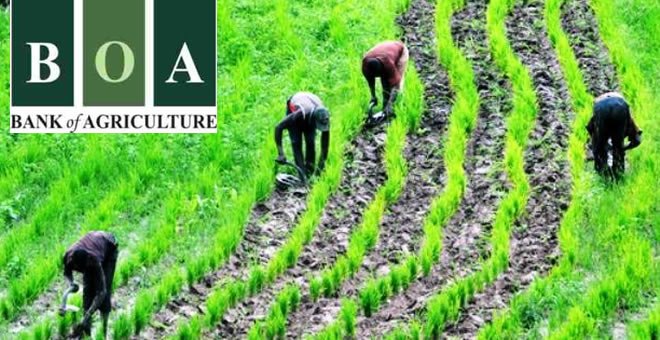President Bola Tinubu has approved the recapitalisation of the Bank of Agriculture (BoA) to the tune of N1.5 trillion, aimed at boosting agricultural financing and ensuring food security.
A statement issued by the Ministry of Agriculture stated: “President Bola Tinubu has approved the recapitalisation of the Bank of Agriculture with N1.5tn, approximately $1bn, marking the most significant boost to agricultural finance in Nigeria’s history.
“The recapitalisation would reposition BoA as a dynamic development finance institution, with deliberate targeting of youth and women-led agribusinesses through accessible credit and capacity development support,” the statement added.
The Minister of Agriculture and Food Security, Abubakar Kyari, disclosed in the statement that the implementation of the National Agricultural Technology and Innovation Policy (NATIP) will accelerate Nigeria’s agricultural ecosystem, improve access to modern inputs, and make farming more attractive, rewarding, and competitive—particularly for youth and women.
He said NATIP provides the strategic policy foundation for transforming agriculture into a modern, tech-enabled, and youth-driven sector.
According to him, “The NATIP provides the strategic policy backbone for transforming agriculture into a tech-enabled, youth-driven sector, promoting mechanisation, digital agriculture, and research-commercialisation linkages, among others.”
He added, “With NATIP, we are building that system—one that supports youth innovation, unlocks productivity, and rewards ambition. We must now ensure it delivers at scale.”
Kyari also highlighted the Federal Government’s National Agribusiness Policy Mechanism, which was launched in May 2025 and is being implemented under the coordination of the Presidential Food Systems Coordination Unit.
“It means designing guarantees to expand access, not inflate fees. It means financing cash flows, not just collateral. And it means equipping entrepreneurs not only with credit, but with the capabilities to absorb and grow that capital,” he said.
He noted that the initiative is already gaining traction across several states, reaching about 250,000 farmers—which he described as early signs of the policy’s potential when matched with political will and effective coordination.

